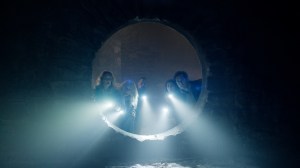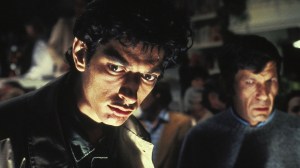When it comes to cinema, a few filmmakers really stand out. Denis Villeneuve is one of those names, and over time, he keeps surprising us with his incredibly meticulous and, to some extent, hard-to-grasp films. Behind his work, there’s a pretty interesting concept that has evolved throughout his career. Now that he’s set to direct the new James Bond movie, expectations are sky-high. But that brings up a question: are his movies actually accessible, or are they more like endurance tests for how much narrative complexity an audience can handle? Aesthetic ambition, heavy themes, and a habit of pushing against the usual rules of commercial storytelling are kind of his thing.
Videos by ComicBook.com
With that in mind, here’s a ranking of all Denis Villeneuve’s movies, from the easiest to the hardest to watch. It’s not about how good they are, but how much of a challenge they bring in terms of structure, themes, and storytelling style.
11) August 32nd on Earth

Villeneuve’s debut feature is, by far, the most straightforward of all. A woman suffers an accident and decides to change her life – that’s it. August 32nd on Earth focuses on dialogue, small observations about daily life, and personal choices. Because of that, there are no subplots, no difficult symbolism, and definitely no world-building. Everything unfolds in a linear and clear way, centered on the protagonist’s internal journey.
However, what makes August 32nd on Earth interesting is the sensitivity in Villeneuve’s direction. Even the existential tone is simple and easy to follow. It’s the perfect film to start with if you want to get into his work without being overwhelmed: as his first feature, it plays like an early experiment. There are hints of the filmmaker he would become, but here he’s still operating in a more restrained and accessible mode.
10) Maelström

Maelström seems more complex than it really is, thanks to its surreal narrator (a fish in the process of being slaughtered) and some unusual visual and tonal choices. But at its core, it’s the story of a character dealing with guilt, mistakes, and attempts to start over. The plot is simple, and what really stands out is the eccentric way the story is told – which causes more strangeness than actual confusion.
This is surrealism, but it’s more about style than meaning. You don’t need to interpret much, since everything is explained and resolved within the movie itself. The challenge of Maelström is only getting used to the odd humor, the slightly absurd sense of melancholy, and the offbeat tone. But compared to the rest of Villeneuve’s work, it’s still one of the easiest films to watch.
9) Polytechnique
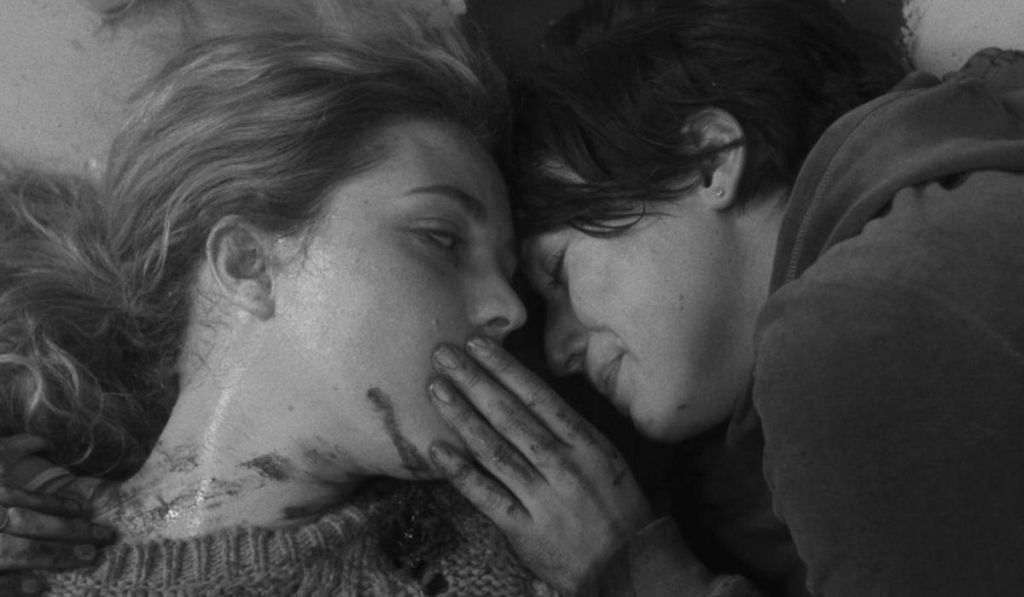
Another movie with a simple narrative, but now told from two points of view, with some repeated time jumps to reinforce the impact. Polytechnique reconstructs a real massacre in black and white with surgical coldness. The way time is manipulated to show and re-show the same events leaves you shocked and even uncomfortable, but there’s no mystery involved. Everything is presented to be felt exactly as it is.
The difficulty of Polytechnique lies in its emotional weight and in the choice to recreate something traumatic and violent, though in a restrained and non-sensationalist way. It’s a raw portrayal, but one that lands hard – and that alone is enough to make you see Villeneuve in a different light. It’s a direct and austere movie that uses distance as a form of respect for its subject matter. It’s not hard to follow; it’s just hard to endure.
8) Prisoners
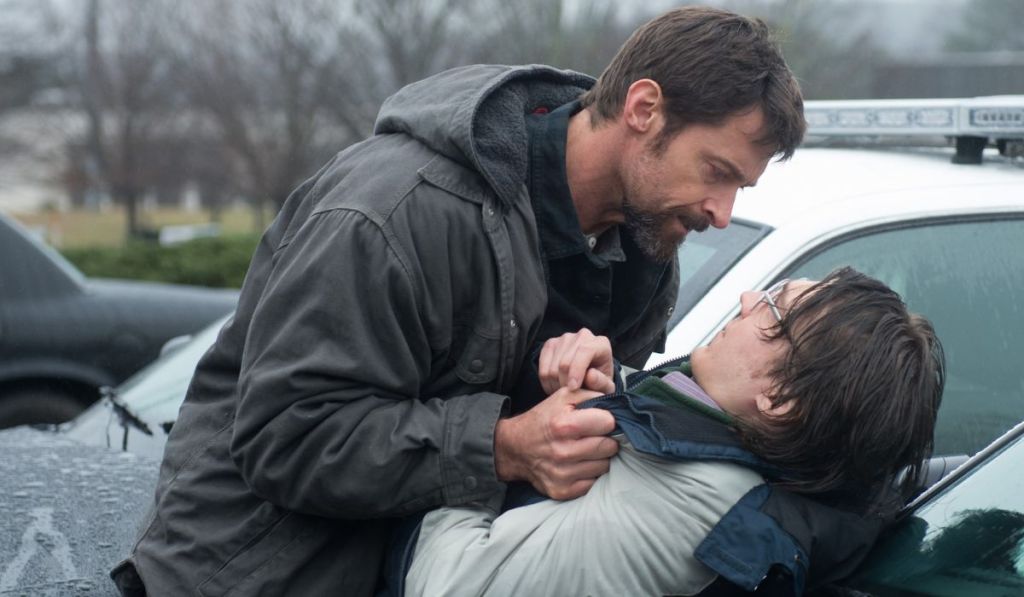
You watch the trailer for Prisoners, and at first, it looks like a conventional thriller, but it works in a more intense way in reality. The investigation itself is linear, but the dilemma behind the characters’ actions is what really makes the experience difficult. The audience has to deal with some uncomfortable questions: how far would you go for revenge? At what point does justice become torture? Villeneuve wants you to observe everything, and then feel, and as this happens, the tension builds.
On top of that, the story switches between different viewpoints, which helps keep the suspense going by not giving away easy answers. Everyone in the film has ambiguous motivations and difficult decisions to make, and this requires a certain empathy from you that may feel conflicting. Prisoners is harder than it looks because it forces you to take a stand on moral issues and offers no relief or clear answers. The complexity here is more ethical than structural.
7) Sicario
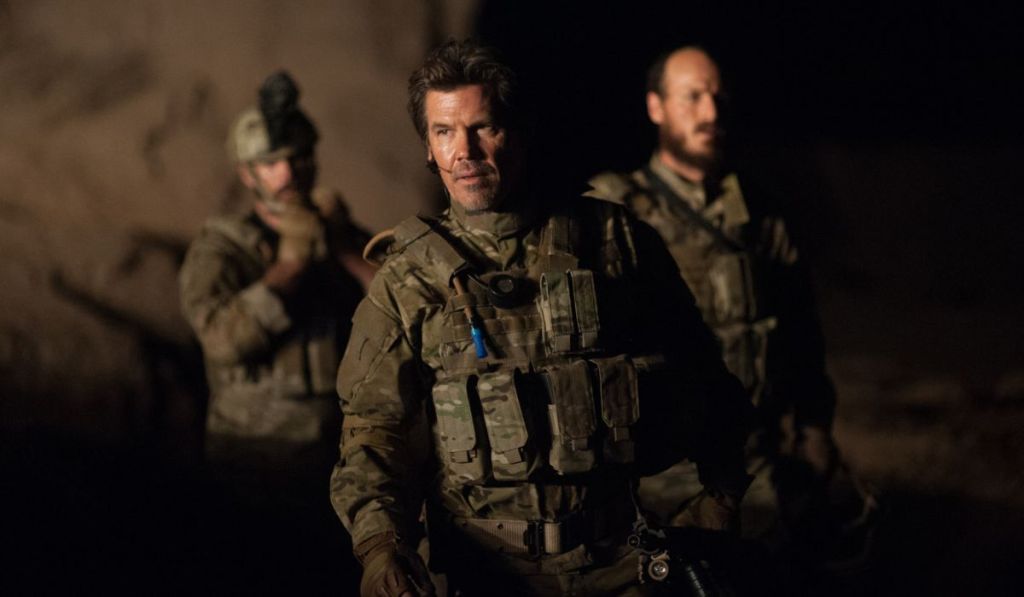
Sicario is one of the filmmaker’s most famous works and also has a simple premise: follow an FBI agent who enters a world of illegal special operations in the war on drugs. However, the way Villeneuve presents this world ends up turning the movie into an exercise in ethical discomfort. How so? He leaves you lost, not knowing what is right or wrong, right alongside the protagonist. That’s where we start to enter a harder level when it comes to watching the director’s films.
It’s still an easy story to follow, but there’s a certain complexity that comes from the stance taken. With each scene, the viewer understands less and less who the good guys and the bad guys really are. The operational coldness of the actions, the focus on human consequences, and the use of silence all create a more distressing atmosphere. Sicario questions the very idea of what makes a mission “successful,” but it doesn’t need to say it out loud. You just feel it.
6) Dune: Part 2

Dune is a difficult movie to understand, but its second part, while deepening its complexity, manages to give the audience a better understanding of its world and history. The plot has more action and pace, making it easier to follow, although the symbolic interpretation of what is happening becomes more important, especially around the figure of the “chosen one” and the ideological manipulation involved. It is slightly less difficult than the first, but still requires attention.
Compared to Villeneuve’s other projects, Dune: Part 2 requires the viewer to process multiple conflicts at the same time: internal, social, and planetary. Here, the filmmaker is betting that those who have made it this far have already gotten into the rhythm of the universe. The challenge may lie more in the depth of the themes and the political weight that permeates each character’s choices, but it greatly rewards those who embark on the journey.
5) Blade Runner 2049

Marked by stunning aesthetics, Blade Runner 2049 is basically an exercise in contemplation and silence. The plot, despite being simple, develops very slowly, requiring patience and attention to every detail, from the visuals to the sound. The film creates a state of mind where themes are revealed more by what is not said than by what is explicitly stated. That’s why it’s a complicated movie for those who aren’t used to the director’s style (or prefer faster-paced stories). It requires you to get into its rhythm, otherwise it drags you along without engaging you.
Also, it is loaded with references to the original, but without being dependent on it. Not that it is necessary to watch Blade Runner (1982), but if you do, you will get more out of it and be less lost. The fact is: the plot is more difficult to watch through immersion than through confusion, because the impact lies in its philosophical density and emotional investment. Blade Runner 2049 is undoubtedly one of Villeneuve’s best works.
4) Dune

Dune is a sci-fi that differs from most because it’s not straightforward; it is an invitation to something dense in politics, ecology, and mythology. With this, the filmmaker dares to take risks without wasting time on didactic explanations (especially since the story is originally told this way). Here, the viewer is thrown straight into a world where they are expected to understand what Bene Gesserit, Fremen, Mentats, noble houses, and the importance of the spice Melange are. However, the difficulty of the movie is not so much in understanding the general plot, but rather in following the multiple contexts and subtexts.
It is a complex story in itself, and it is difficult to explain everything in a few hours. The world-building is immense, so Villeneuve bets on immersion rather than exposition. The first part of the saga, in particular, refuses to be accessible to those expecting a narrative driven by action or direct emotion. In Dune, everything is restrained, stylized, and deeply symbolic. You simply have to be willing to pay attention not only to what is said, but also to what is merely suggested (and to what will only make sense in Dune: Part 2).
3) Incendies
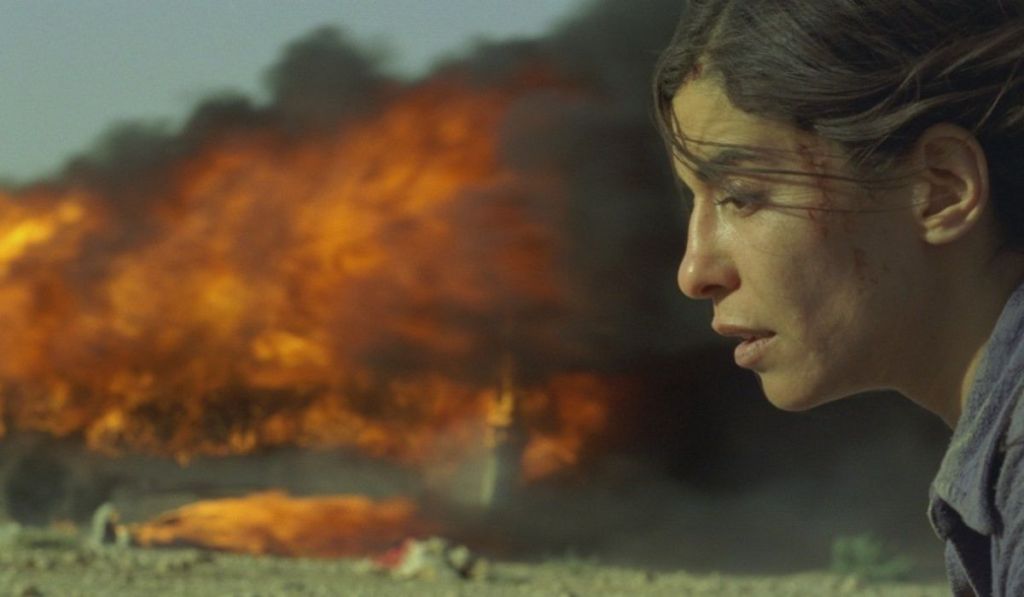
Incendies is a normal story, without much frills, but a little complex in the way it deals with time, geography, and traumatic heritage. How so? The movie is a family drama with investigative overtones, and chooses to tell its story by alternating between the investigation and the past with great precision. However, the final revelation completely changes the interpretation of everything that came before. It’s one of those films that makes you reconsider what you’ve seen (and what you thought you felt). That alone puts it among Villeneuve’s most demanding works.
Plus, the political and emotional density is a bit heavy. Understanding the tragedy requires not only following the events, but also dealing with the moral and cultural implications. The viewer needs to carefully piece things together, because the plot does not give everything away explicitly – this is one of the filmmaker’s principles. There is a meticulousness in the way the puzzle is put together. Incendies is emotionally devastating and also morally ambiguous, requiring you to be emotionally present at all times.
2) Arrival
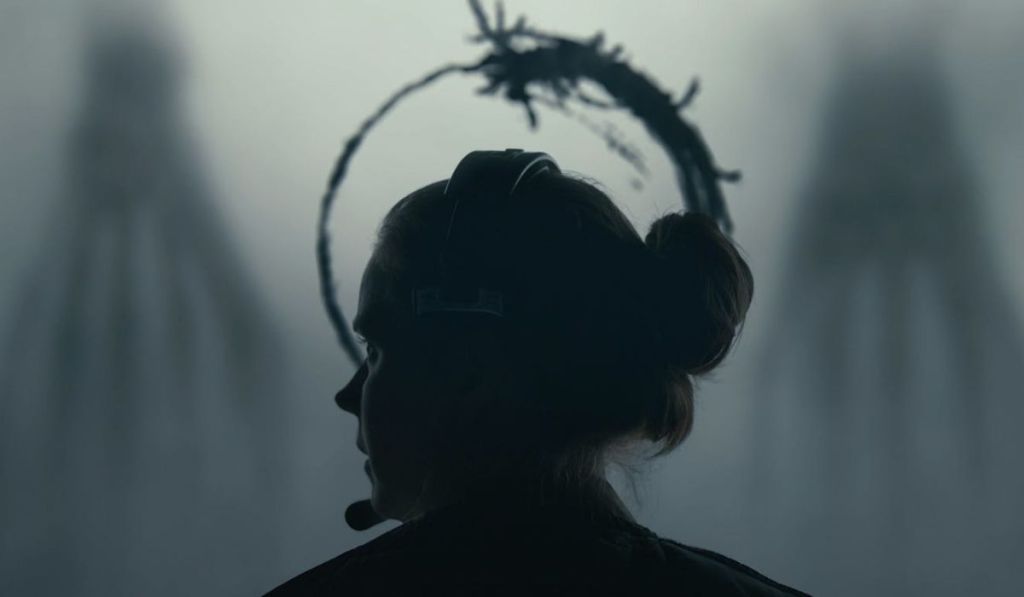
Here, we arrive at one of Villeneuve’s most challenging films to fully grasp. Arrival requires you to make a mental shift: it initially presents a structure that seems familiar but gradually reveals that things aren’t exactly as they appear, much like the protagonist’s experience of time. The alien language introduces a new way of perceiving time, which is complex on its own, but the movie goes further by mixing this concept together with an emotional puzzle and reflections on determinism. It’s not just cerebral sci-fi; it’s a study of how the audience processes story and timing.
Even with hints provided throughout the script, the film demands heightened attention, as the key revelation reshapes the meaning of everything you’ve seen before. It’s a carefully crafted twist that encourages you to reevaluate each scene, decision, and even the emotional tone of what you assumed was the past (but not in the same way as Incendies, because its difference lies more in how the structure plays with time rather than a single moment that changes the entire story). Arrival isn’t confusing in a traditional sense, but it requires the audience to mentally adjust in real time. It turns language and narrative structure into a perceptual challenge, demanding a very specific kind of focus.
1) Enemy
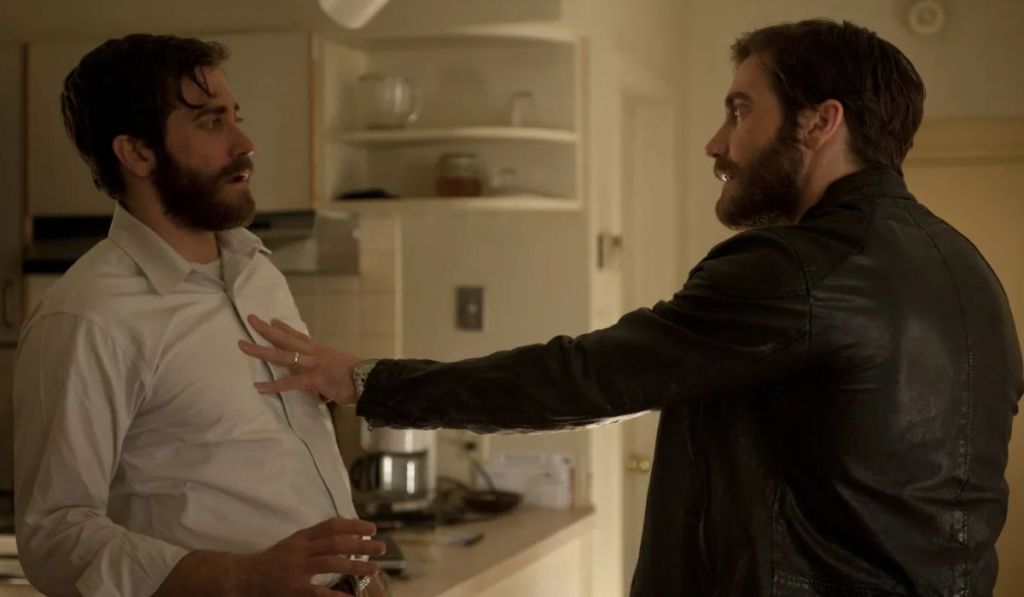
Enemy is by far Villeneuve’s most hermetic movie. It offers no straightforward path for the viewer because everything is uncertain – from what’s dream or reality to who the characters really are. Its fragmented structure and symbolic imagery exist solely for interpretation, not to tell a clear story. Even on a second viewing, answers remain elusive, and each new clue tends to confuse more than clarify. That doesn’t make it a bad film; it depends entirely on the audience’s willingness to embrace a state of continuous doubt, which is precisely its intention.
What’s most intriguing is how simple it seems on the surface, yet the more you try to understand it, the more you realize you haven’t truly grasped it. Nothing is handed to you on a silver platter, and the film’s construction offers no relief, not even at the end. In fact, the ending feels almost like a challenge to viewers expecting clear answers. Enemy isn’t just complex; it’s designed to intellectually unsettle and block any closed interpretation. That’s why it rightly deserves the top spot on this list.


